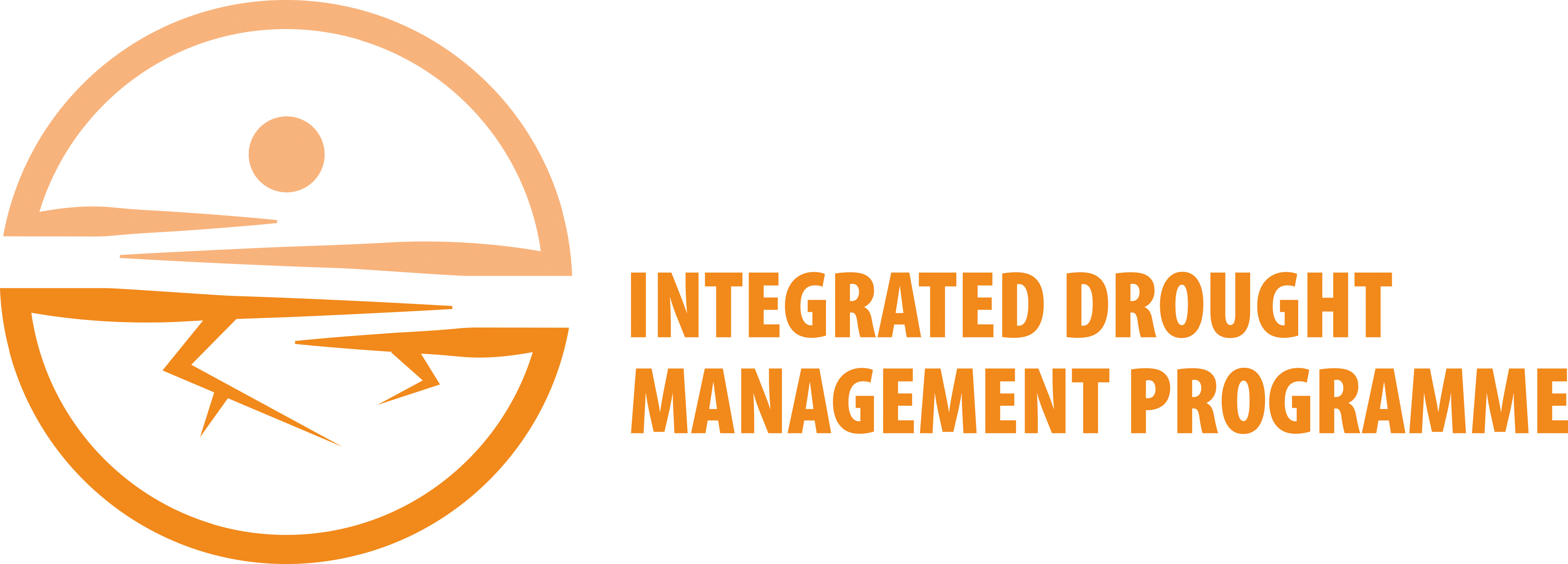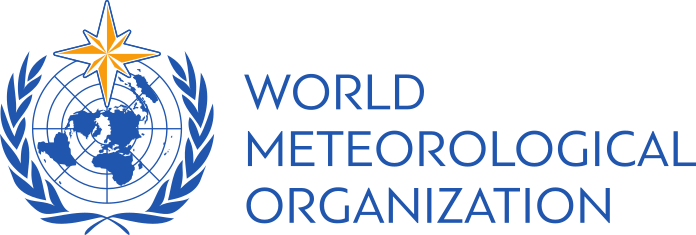The UK Centre for Ecology & Hydrology (UKCEH) is an independent, not-for-profit research institute carrying out excellent environmental science with impact. Our 500 scientists work to understand the environment, how it sustains life, and the human impact on it. Our focus is on mitigating and building resilience to climate change, preventing and reducing pollution, and creating healthy ecosystems. We believe that the best solutions are co-designed and co-delivered, and our partnerships cross borders, sectors and disciplines. Our research embraces ecology and hydrology in an integrated approach. We jointly study water quantity, water quality and freshwater ecosystem function, in pristine and polluted environments, and observe and analyze status, short-term variability, trends and long-term changes. We seek to understand the processes and pressures that affect water availability, refine our models to improve predictions of future conditions, and develop new tools and systems that enable sustainable water resources management. We recognize that drought is multi-faceted and embrace that complexity in our work. We have developed drought monitoring and early warning systems that predict the severity and extent of droughts; we assess the vulnerability of the economy, society and the environment to droughts; and we support water companies, regulators, policy makers and others to design effective mitigation measures to reduce and prevent the worst impacts of drought.



